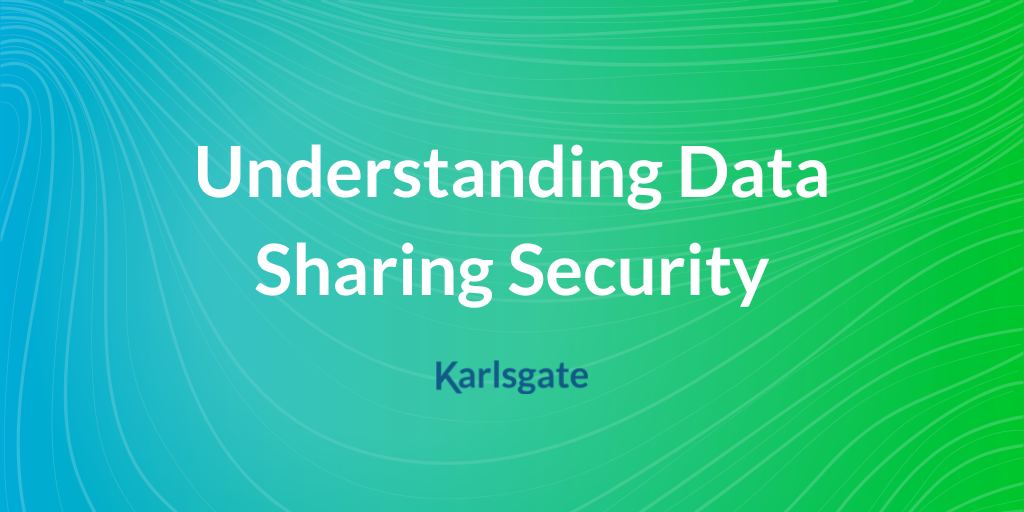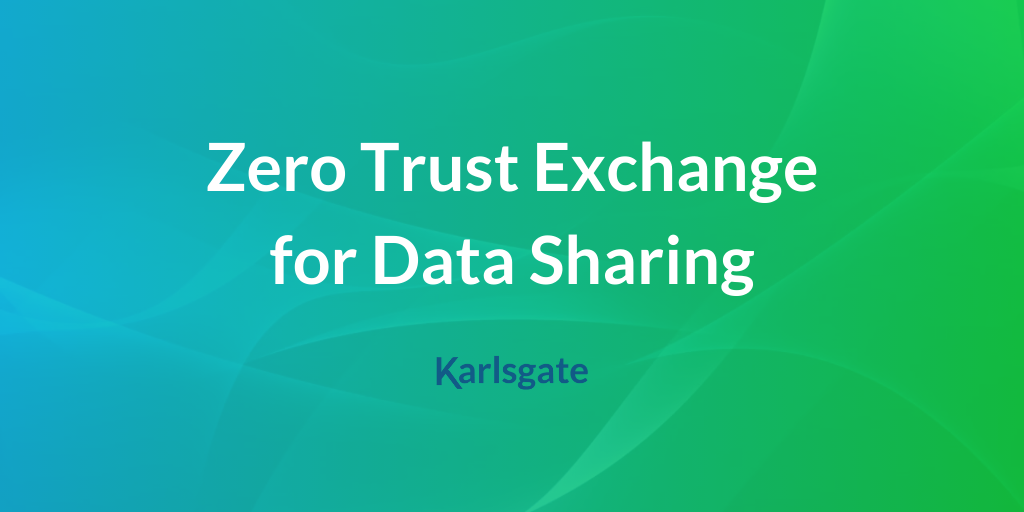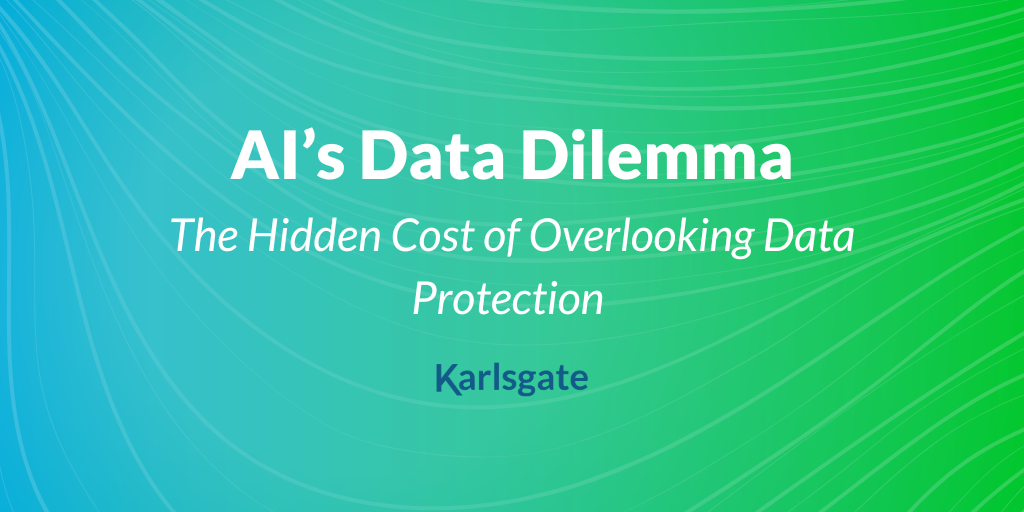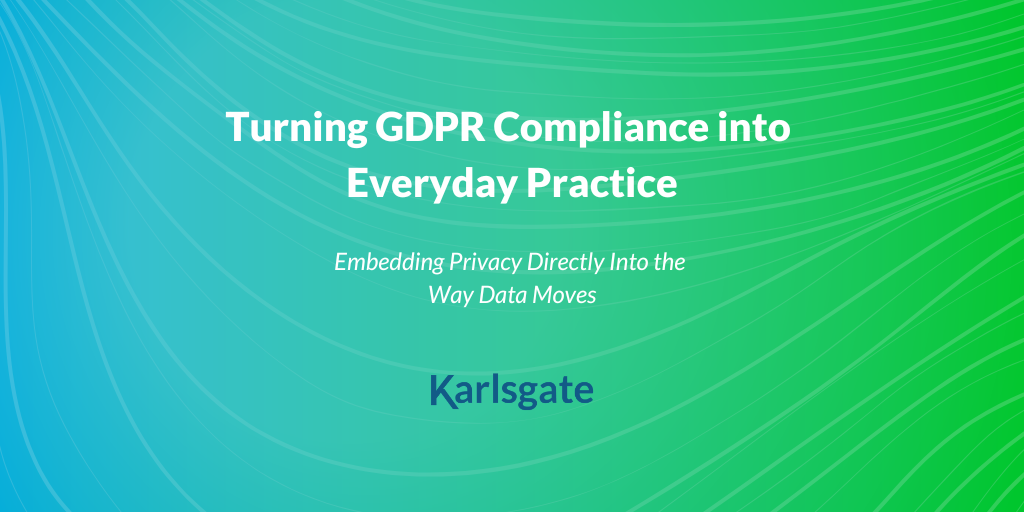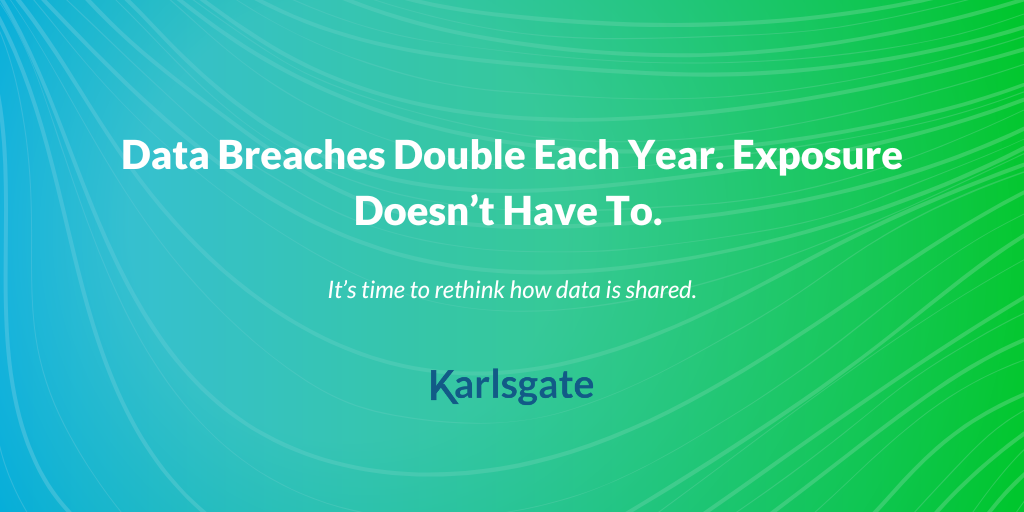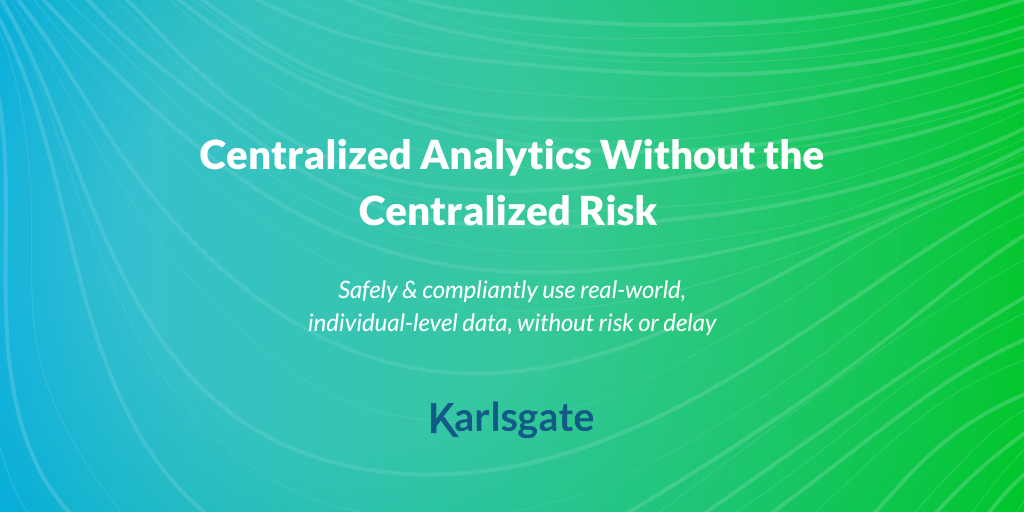With over 8.8 million PBs of healthcare data being generated every year, when we look at how many businesses share data, it’s like watching someone try to fill a thimble from a fire hose. While...
When it comes to the way technology is depicted in futuristic or science fiction movies, especially in the medical field, much of it seems impossibly futuristic or far off. From the technology used, to the speed of diagnosis, to the treatment methodologies, everything seems to happen more quickly, more easily, and more accurately. While some of this technology may be entirely fictional, the reality is that these advancements in healthcare may not be as far off as we think, and the answer lies in precision medicine.
From medical devices to novel treatments, much of the medical care we see in sci-fi films relies on diagnostic tools and data that allow medics and doctors to treat the patient in front of them more efficiently. Until now, that kind of precision medicine has seemed unattainable, due in part to data security concerns and tight regulations regarding information-sharing in the healthcare space. All of that may be about to change, thanks to innovative new technology that can ensure patient privacy and data security while making it easier and more efficient to find and connect to other data sources through the sharing process using cryptoidentities.

What is Precision Medicine?
Precision medicine allows medical providers to tailor treatments, practices, prescriptions, or other medical products to a specific subgroup of patients rather than assuming that one medical solution will be appropriate for all patients. Also known as personalized medicine, this treatment method relies heavily upon precise data regarding individual patients, their medical history, and their unique physiology. To improve treatments, precision medicine also calls on genetic, socioeconomic, and demographic information as well as other data.
How Can Precision Medicine Change Healthcare?
Imagine health tests and treatments created specifically for you, for your ailments, and designed to work with your unique body. Modern healthcare, from diagnosis and treatment to pharmaceuticals and devices, is traditionally designed to “fit” as many people as possible.
In fact, modern medicine is a lot like buying a new suit. If you buy one off the rack, it may fit pretty well, but will probably need some adjustments or tweaks to fit the way you want it to. But, it doesn’t have to be that way. Instead, imagine purchasing a custom suit – tailored specifically to your body, taking your height and your measurements into account to ensure a perfect fit. Precision medicine works the same way – it’s medical care tailored specifically to your individual needs.
Precision medicine puts the patient first and, as a result, quality of care and outcomes are improved. Often, finding a treatment or medication that works for a particular patient requires a lot of trial and error – trying medications, monitoring performance, and adjusting accordingly. Precision medicine can alleviate that. With a wealth of diagnostic, historic, and patient data, precision medicine can narrow what treatment plan works best for an individual patient. No more trial and error, and no more guessing to find the best candidates.
This is particularly relevant when it comes to rare diseases, cancer, and other chronic conditions, where a “one-size-fits-all approach” would likely hinder the speed and accuracy of potentially life-saving treatment. Precision medicine allows doctors to see what aspects of a person’s genetic makeup, demographic information, or Social Determinants of Health (SDoH) may be impacting those diseases and, more importantly, what may be impeding treatment.
And what does all of this mean for hospitals and healthcare organizations? Lower costs. Instead of all of the back and forth and countless visits trying to isolate causes and cures, new diagnostic tests and analytics executed at the start can provide extensive information a doctor needs to tailor care for their patient. Improved outcomes also mean fewer return visits, reduced complications, and more time to treat more patients.
What Role Does Data Security Play in Precision Medicine?
Healthcare researchers and practitioners have long sought after the coveted reality of a true “Patient 360,” or a holistic view of a patient’s health. This 360° view could revolutionize healthcare. From patient visits to primary care providers or specialists, to wearable healthcare tracking devices, we’re gathering an immense amount of data about individuals daily, but the ability to securely, safely, and compliantly share this data has been elusive.
Data security in healthcare, and regulations like HIPAA, remain the primary obstacle in changing the way we provide care to patients. Without a way to assure absolute security when sharing healthcare data, data is handled in one of two ways: Data is either aggregated to keep personally identifiable information (PII) hidden or data is de-identified ensuring it cannot be linked back to an individual. As a result, we can’t link data to a person and we can’t tailor healthcare to individuals. Other data-exchange standards such as FHIR – or Fast Healthcare Interoperability Resources – have been enacted to enable interoperability and easier data exchanges. However, while these standards make it easier to work with data from different systems, they don’t necessarily address privacy.
How Cryptoindentity Elevates Data Security in Healthcare
When it comes to data sharing, current privacy enhancing technologies (PETs) use encryption, pseudonymization, or tokenization to secure data during transfer to a partner, third party processor, or “clean room”. However, those methods mean organizations lose control of their data completely. Ownership is relinquished to the organizations with whom you share your data. It’s that change of custody that’s most concerning. It means that there is risk of re-identification of the data as well as the potential for unintended access, exposure, or use of the information.
Up until now, we haven’t had a mechanism to share data, safely and securely, across healthcare organizations that not only protects the data from reidentification, but also protects the organization from relinquishing control of that data. That’s where the innovative cryptoidentity comes into play.
Cryptoidentity, Karlsgate’s orchestrated triple-blind facilitation for data sharing, blocks re-identification and prevents change of custody of identifiable data via a partitioned cryptographic orchestration with multiple security layers. Cryptoidentities provide the most comprehensive and complete data protection available for organizations that need to share data/information while protecting the identities of the individuals.
How Karlsgate Technology Provides the Security Needed for Precision Medicine
One of the key elements to making precision medicine a reality is the ability to securely share data without the risk of exposing PII. Without elevated security for the data sharing process, reidentification is a real risk. Karlsgate’s cryptoidentity helps ensure:
- Third-party facilitators can’t decrypt or reidentify healthcare data
- PII never leaves your data environment
- Multi-layered network security protocols use single-use hashing and encryption algorithms
- Organizations meet the standards set for HIPAA compliance

